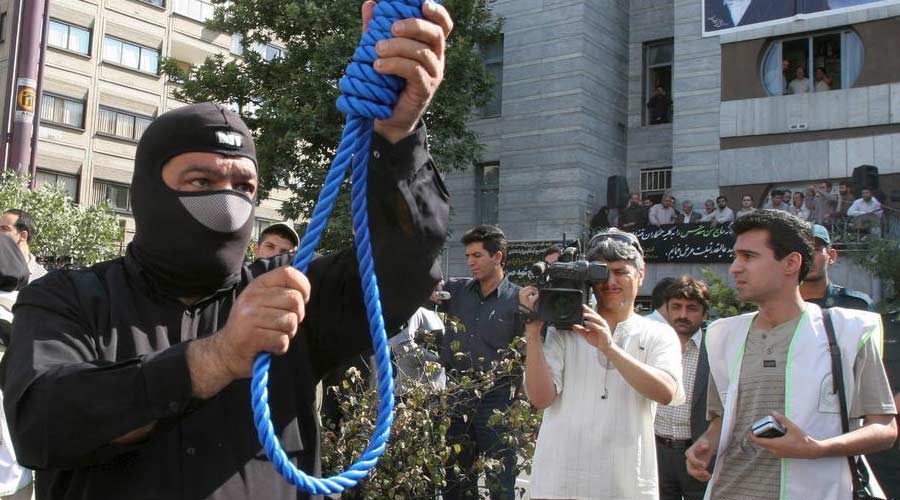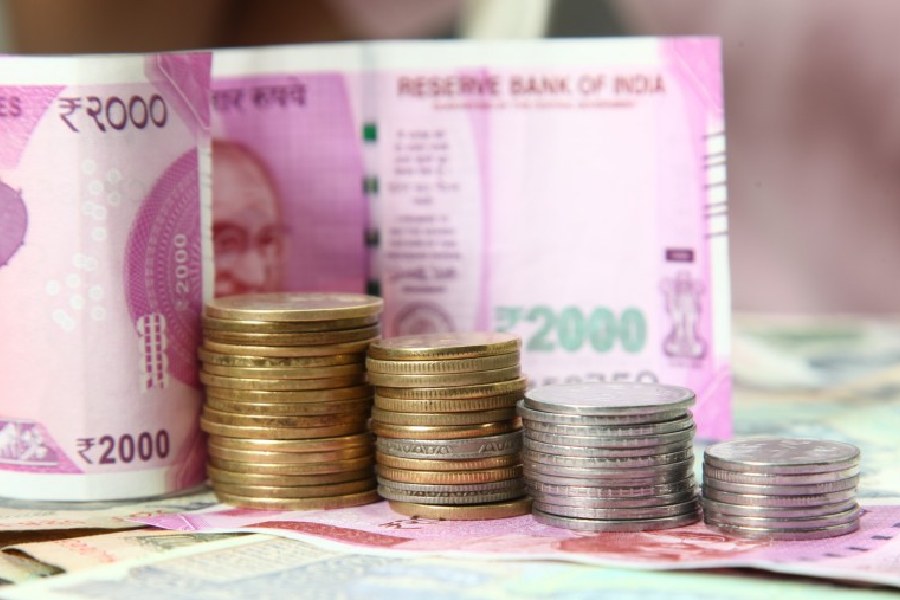Iran announced on Thursday that it had executed a man arrested during the nationwide protests that have shaken the country for several months.
The protester, identified as Mohsen Shekari by Iranian news agencies, is thought to be the first person executed by the Iranian regime in connection with the protests.
He was convicted of blocking Sattar Khan Boulevard in the capital Tehran and injuring a security guard with a machete on September 25. He was convicted on November 1 for "waging war against God" under Iran's sharia law. The ruling was upheld by the supreme court on November 20 despite an appeal.
More executions expected
Five other people were sentenced to death by hanging on Tuesday for the killing of a member of Iran's volunteer Basij security force.
Rights watchdog Amnesty International has said that at least 21 people are facing the death penalty following what it called "sham trials designed to intimidate those participating in the popular uprising that has rocked Iran."
"The Iranian authorities must immediately quash all death sentences, refrain from seeking the imposition of the death penalty and drop all charges against those arrested in connection with their peaceful participation in protests," Amnesty said.
The director of the Oslo-based NGO Iran Human Rights, Mahmood Amiry-Moghaddam, called for "rapid practical consequences internationally" to the execution to prevent the possibility of "facing daily execution of prisoners."
Why are people protesting in Iran?
The protests have proven to be one of the biggest challenges the Islamic Republic has faced since the 1979 revolution that ousted the Shah and brought Ayatollah Khomeini — and his successor Ayatollah Ali Khamenei — to power.
Protesters first took to the streets following the death of 22-year-old Jina Mahsa Amini while in detention. She had been arrested by Iran's so-called "morality police" for failing to abide by the country's strict dress code.
The demonstrations began in the western region of Kurdistan, Amini's home region, but soon spread across the country.
Women have played a key role in the anti-government protests with many videos shared on social media of women removing their headscarves in public.
Authorities have responded to the protests — which they blame on foreign interference — with a violent crackdown. Rights groups based outside of the country estimate the number of people killed in clashes with security forces to have reached almost 500.










